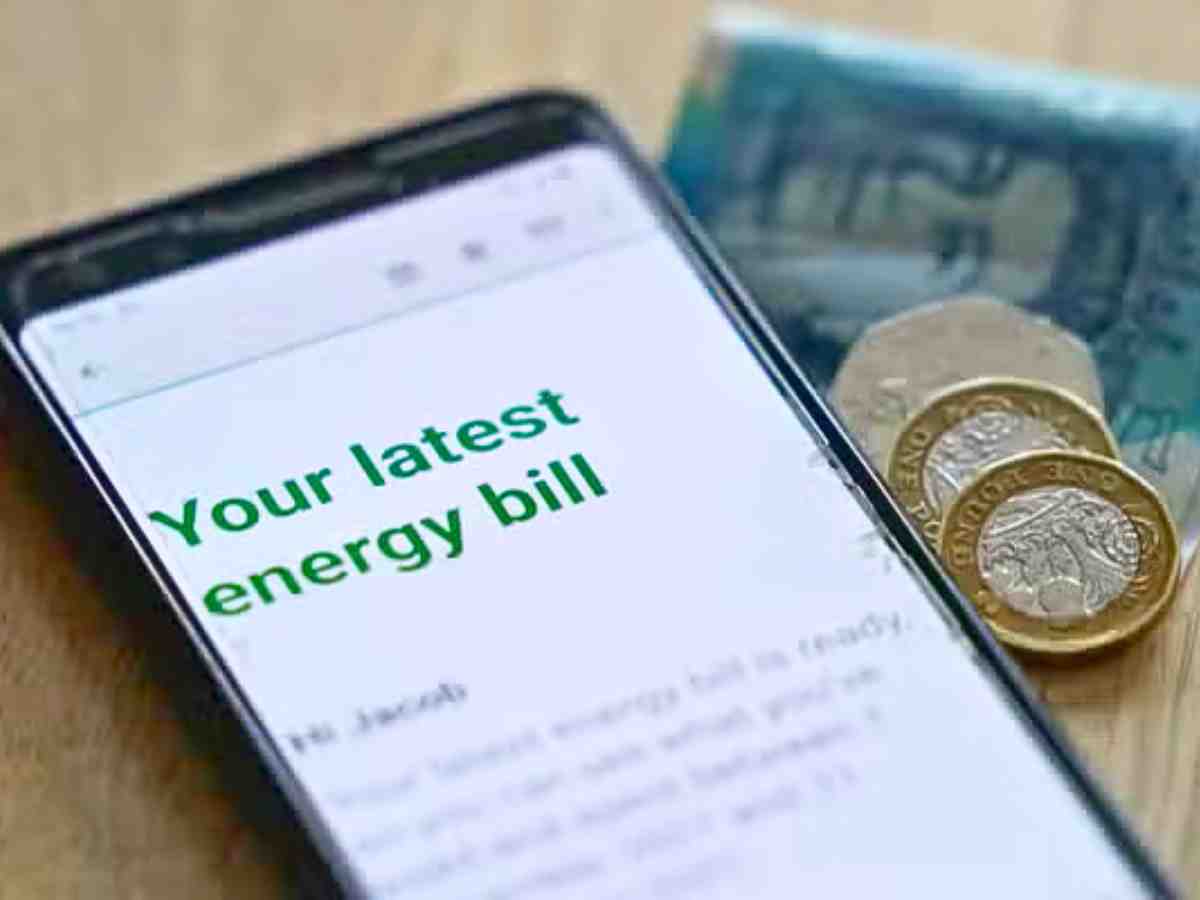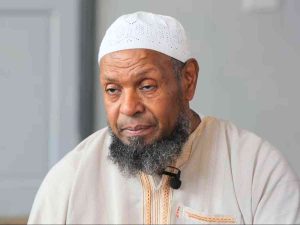Winter energy bills are about to bite for households across the country. This is because on 1 October so-called energy regulator Ofgem will be raising the energy price cap. Obviously, this is just the tip of the iceberg when it comes to households struggling to survive this winter. It comes alongside the Labour Party’s cut to winter fuel payments, as well as the cruel standing charges the regulator has so far refused to scrap despite clear public appetite for this.
Tomorrow, Ofgem’s price cap change is kicking off a winter of fuel poverty for millions of UK households.
Energy price cap about to rise for winter
As the Canary has previously reported, Ofgem will be increasing the energy price cap.
Specifically, it will implement a higher price cap of:
£1,717 per year for a typical household who use electricity and gas and pay by Direct Debit. This is an increase of 10% compared to the cap set between 1 July to 30 September 2024 (£1,568).
This is lower than the same period last year – but means energy bills will rise on average by 10% – or £149 a year.
As the End Fuel Poverty Coalition has pointed out, it also means energy bills will still be well above pre-pandemic prices.
Unsurprisingly, this will hit the most vulnerable households hardest. Notably, the £1,717 energy price cap is just the amount an average household’s bills will rise. It means in reality, bills will actually increase by a lot more than this. In particular, this applies to those whose typical energy bill sits above this average. Because what really matters is how much the unit price – the price per kilowatt hour of energy – the cost is going up by.
Of course, this includes chronically ill and disabled people who typically have greater energy needs for aids and equipment to help manage their conditions. Alongside this, people in less energy efficient housing will invariably pay more for their fuel costs as well. Naturally, many pensioners will also be among those with larger energy demands too.
Unsurprisingly then, the energy price cap rise alone will plunge hundreds of thousands more households into fuel poverty this winter. Specifically, nonprofit National Energy Action (NEA) has calculated that this will be 400,000 more UK households. It estimated that this means that at least six million households will be trapped in fuel poverty this winter.
Winter fuel payment cut and standing charges
Naturally, NEA put this out as the new Labour government also announced its plan to strip the majority of pensioners of winter fuel payments – on top of the increasing energy price cap.
As a result, fuel poor pensioners are losing out twice. First, the government has stripped them of up to £600 in winter fuel allowance. Now, their energy bills will shoot up again from 1 October – all while they now have less income for it.
In addition to this, the government’s own figures have shown how it’s disproportionately marginalised households that are set to lose the winter fuel payment. In particular, this will be:
Moreover, if all this weren’t enough, cruel standing charges will make winter inordinately worse for pensioners and people Ofgem’s energy price cap is forcing into fuel poverty this winter. This is the flat-rate daily cost energy suppliers charge people – even when they’re not using any energy.
The energy price cap rise means this is also going up too – and means it will be over £330 a year on average. Again, the standing charge can also be much higher for some households. This is because it can vary based on supplier, the area you live, and the type of tariff you’re on.
Ofgem failing households in poverty
Obviously, this means the energy price cap could in fact hit some households twice. Firstly, for the unit price. Then, the increased inflated standing charge adds an extra layer to this. This is particularly the case for those in certain areas, or on prepayment meters for instance.
Most significantly though, the point is that the standing charge makes up a disproportionate amount of low energy users’ bills.
Naturally, these typically tend to be poorer households who can’t afford to use as much in the first place. In other words, it’s likely to be many among the 1.6 million pensioners living in poverty – as well as the 6 million households in fuel poverty as well.
Yet, despite this, Ofgem has so far refused to put forward scrapping the standing charge as a solution.
Energy price cap: rationing power to get by
Now, a new survey has revealed the devastating impacts of all this even further. As the Guardian reported:
Almost half of British adults will ration their energy use this winter, a survey has found, as energy bills will rise again by 10% this week.
In particular, it highlighted that:
According to the YouGov survey on behalf of the fuel poverty charity National Energy Action, 46% of adults are likely to use less energy than they need to maintain comfort and wellbeing.
Forty-five per cent of those on low incomes said they had already found it difficult to pay for their energy in the last year, while more than a third of those on prepayment meters said they had gone without power or heating when they needed it.
So, what energy bill rises, the winter fuel payment cut, and cruel standing charges mean, is that vast numbers of households will go without energy when they need it this winter.
As ever, it’s poor and disabled people that the government and supposed regulators’ decisions will hurt most. However, it’s little wonder when the career politicians at Westminster are as far removed from these realities as their hedge fund donor, MP heating expenses, and freebie-gilded lives can get.
Featured image via the Canary




